Teamwork in Europe vs. China: Cross-cultural insights from MBA alum Jeanne
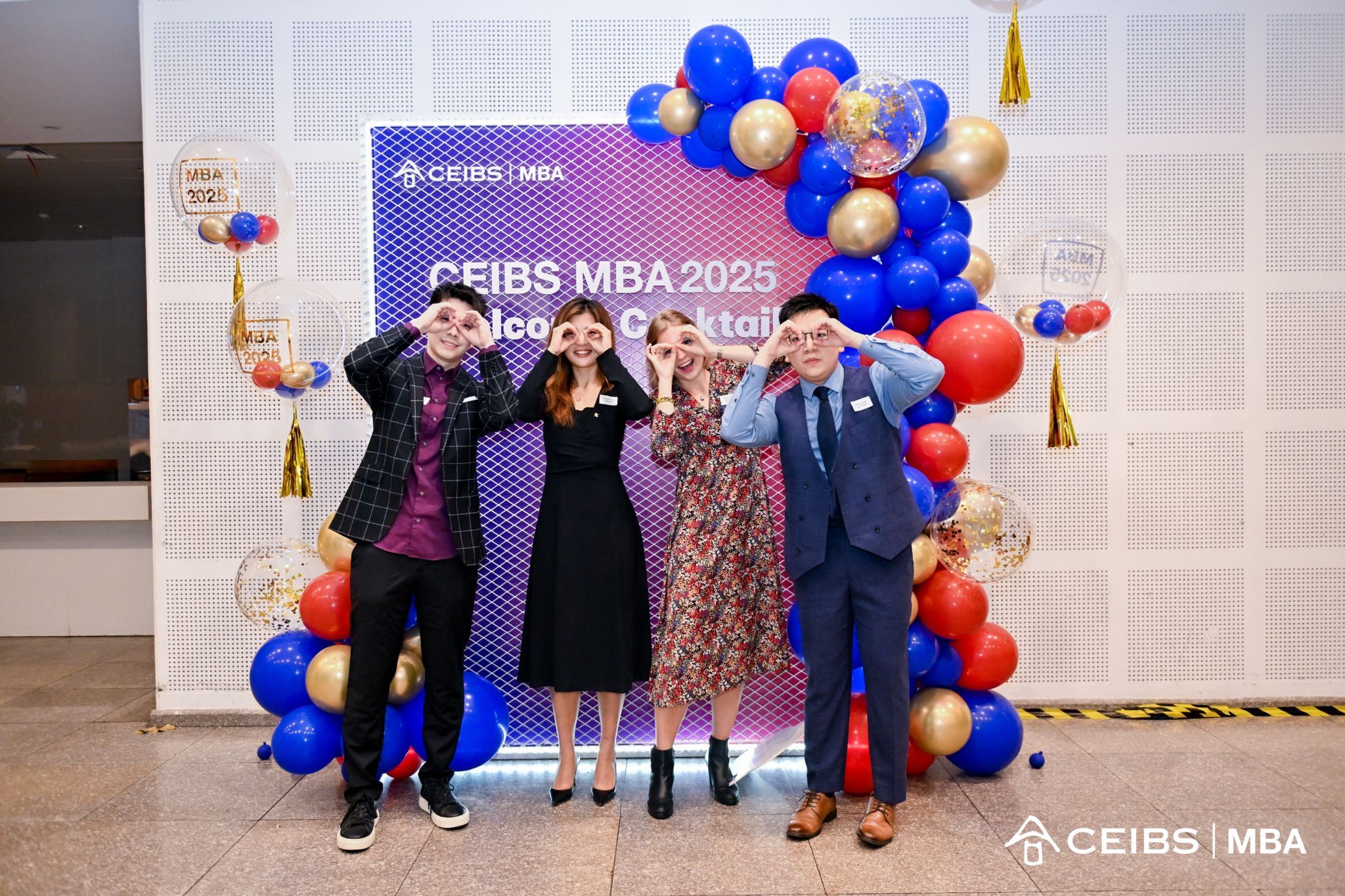
When Jeanne de Gayffier (CEIBS MBA 2025) first set foot in Shanghai six years ago, she would never have imagined that her path would one day lead her to a position in a family-owned construction equipment company in Quanzhou, a historic city in China's eastern Fujian province. Yet today, here she is, helping to shape international strategy for a Chinese SME aiming to expand global their footprint—a role that represents both a professional transformation and a cultural adventure.
Trained as a legal professional in Europe, Jeanne’s path has been anything but conventional. Born and raised in France, her path spanned multiple continents across Europe and Asia, before ultimately settling in China.
To learn more about her unique journey, we spoke with Jeanne to ask about her transition from international law to construction, her post-MBA experience, and the lessons she has learned so far.
From law to global business strategy in the construction sector
Jeanne’s first encounter with China came through law. As an exchange student, she spent a year at East China University of Political Science and Law (ECUPL) in Shanghai, where she studied Chinese legal systems and was captivated by the city’s dynamism.”
“I fell in love with the city, the culture, and the language. I started to set working in China as a professional goal,” Jeanne recalls.
During the COVID-19 pandemic, with China’s borders closed, she found herself increasingly fascinated by the decision-making happening beyond the legal department. “I noticed how fascinated I was by how business decisions were made,” she says. “From advising on 20 countries’ legal systems, I wanted to see how laws connect to real business, how people make choices, how ideas become projects.”
That curiosity guided her to CEIBS, where she pivoted from legal to business strategy.
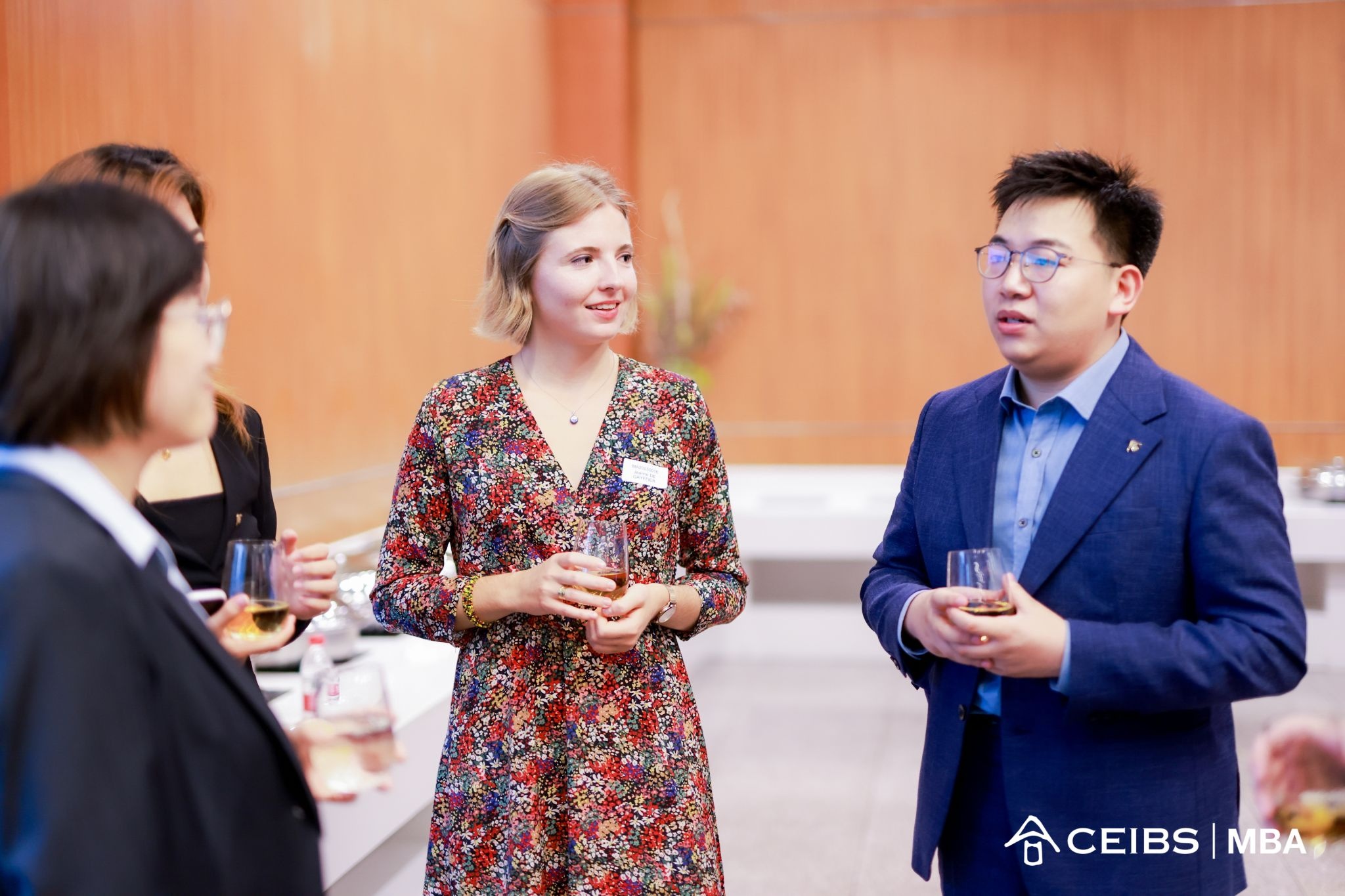
Joining the CEIBS MBA programme
At CEIBS, Jeanne discovered that business isn’t just about knowing rules or strategy; it’s about action. She took on leadership roles, served as a class representative, joined the China Integrated Project consulting for a local company, and tested her resilience in week-long case simulations.
“These experiences gave me the confidence to move from advising on law to actually shaping business outcomes in a company,” Jeanne explains.
Having travelled to India, Ghana, Congo, Palestine, and Indonesia before and during her MBA, Jeanne had also developed a strong interest in construction, due to its direct impact on people’s lives. She also saw how infrastructure needs often outpaced budgets.
“Often, the budgets were too small for Western machines. Chinese companies offer good-quality equipment at lower cost, and their solutions are really interesting,” she explains.
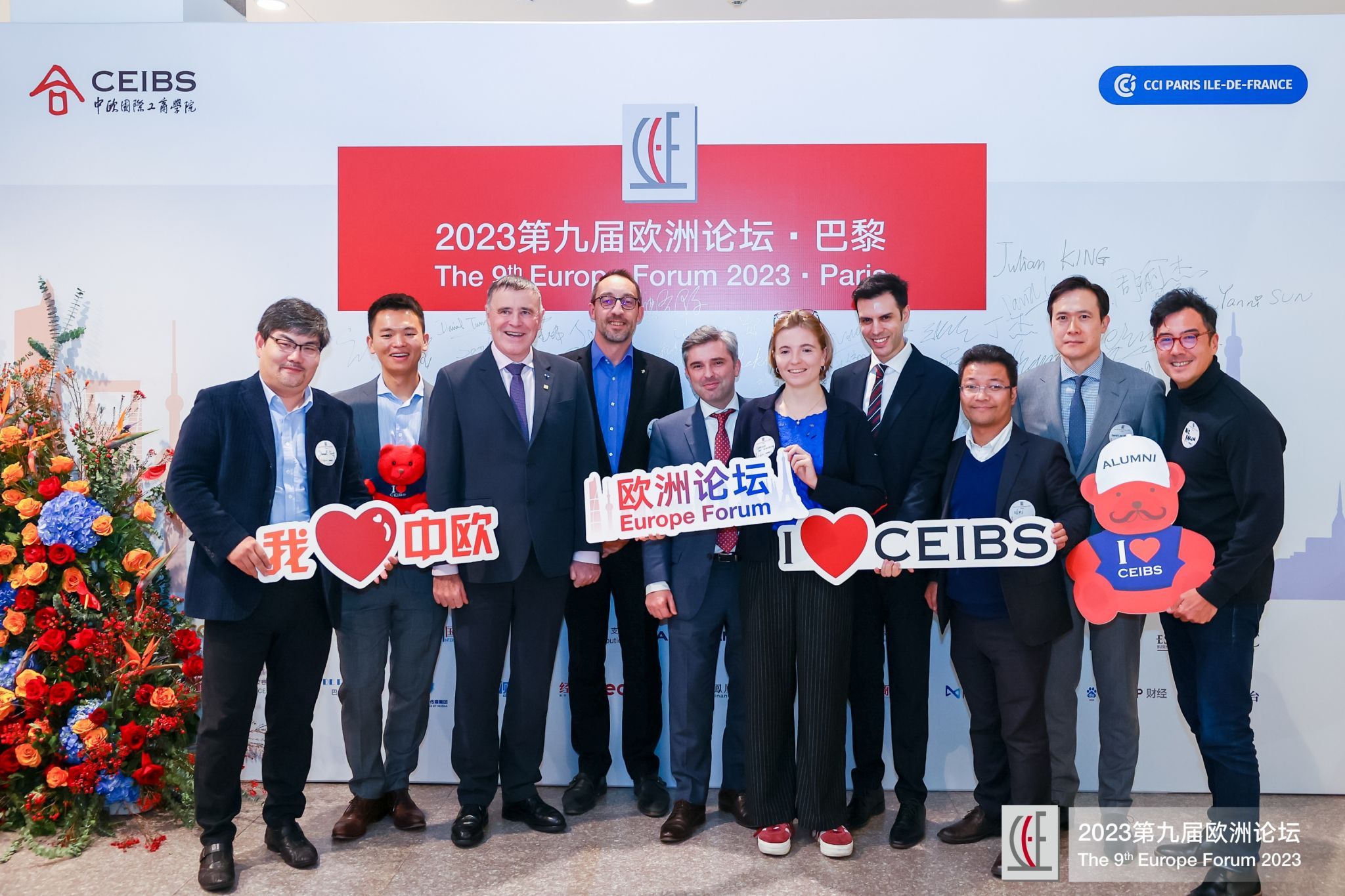
Choosing Quanzhou: Adventure beyond the big cities
Unlike many classmates who pursued consulting or multinational paths after graduation, Jeanne chose a different path: moving to Quanzhou, a millennia-old city which, while far from China’s usual expat hubs, offers her access to experience China’s SMEs up close.
“These manufacturing companies are mostly outside of the major cities like Beijing, Shanghai, and Guangzhou. At first, I wondered: do I really want to live in a small provincial city, where the number of foreigners can be counted on one hand? But then I thought, yes, that’s part of the adventure: to really understand China’s SMEs,” Jeanne says.
During her MBA, Jeanne had also realised the vast potential in helping Chinese companies go global. “SMEs drive 60% of China’s exports, and I wanted a raw, hands-on experience in a Chinese company not yet international, where my job would be intrapreneurial,” she adds.
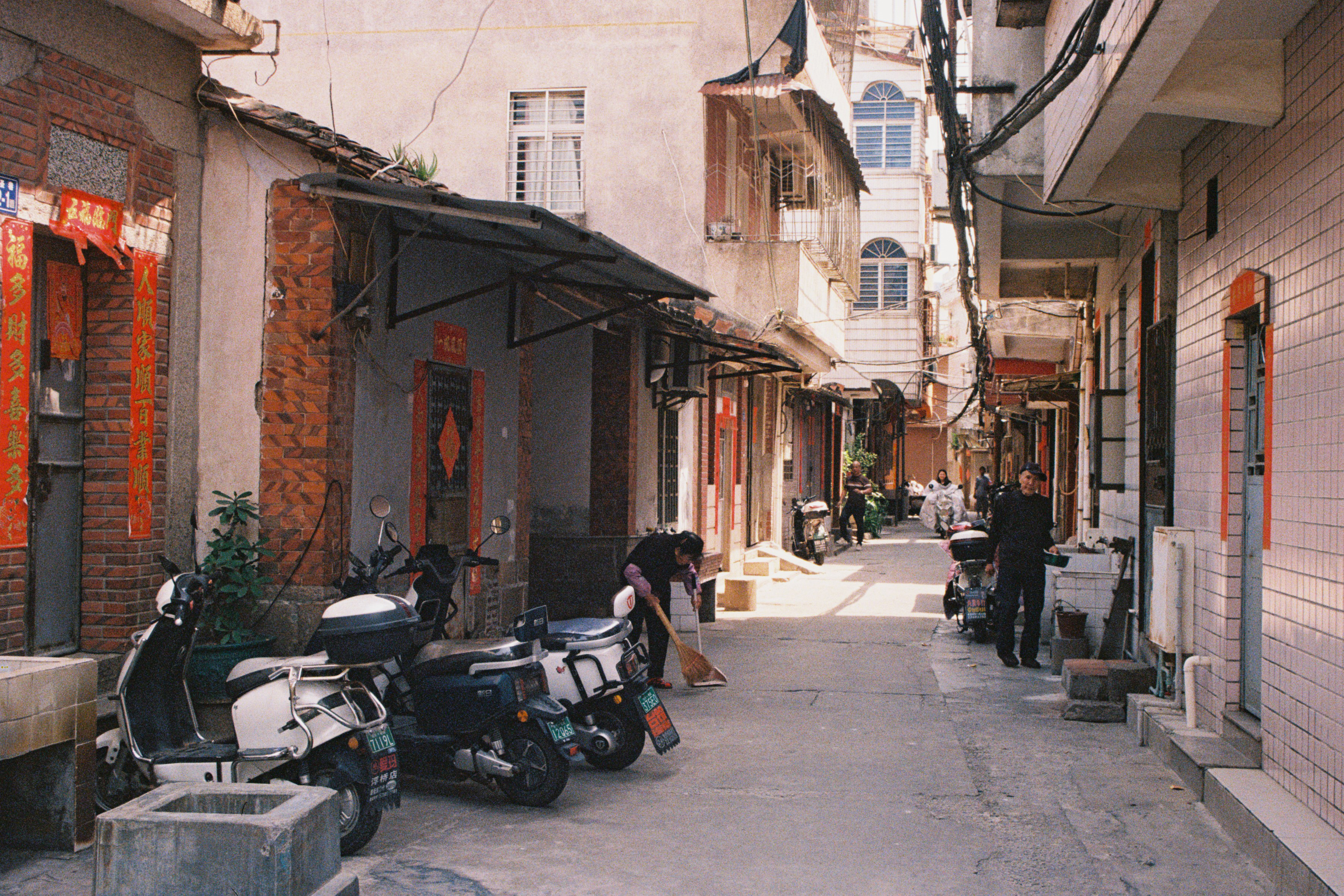
Lessons from East and West
Given her experience across Europe and Asia, Jeanne is keenly aware of the cultural contrasts that shape international business. Six months on from when she joined her company in Quanzhou, she has observed many subtle but powerful cultural and leadership differences between East and West in the workplace.
“I’ve seen leadership take very different shapes depending on where you are. In Germany, it’s calm and precise; In France, it’s about guiding the team and showing that you know what you’re doing, and credibility matters; In an international startup, it’s messy and fast, and you fix problems, convince people without authority, and adapt on the fly; During my MBA, leadership felt more energetic, keeping the team motivated and pushing towards results; And now, in a Chinese family-owned company, leadership is quieter and slower to show itself. It’s about listening, building trust, and proving your commitment. Titles mean very little if people don’t feel you are truly there with them,” she explains.
Jeanne has found that change, too, is also perceived differently between East and West.
“In Europe, change is a disruption and must be carefully managed, while in Asia, change is more continuous and exploratory. It’s an ongoing process of trying, failing, adjusting, and trying again,” Jeanne observes. “In Quanzhou, when I manage a project, it should, on paper, take months. But every week something changes: a new priority comes in, a deadline moves, or a specification is rewritten. At first, I would panic, I wanted a clear plan like the ones I was used to in Europe. Then I realised that resisting didn’t help. I started experimenting, adjusting, and looking for opportunities in the chaos,” she adds.
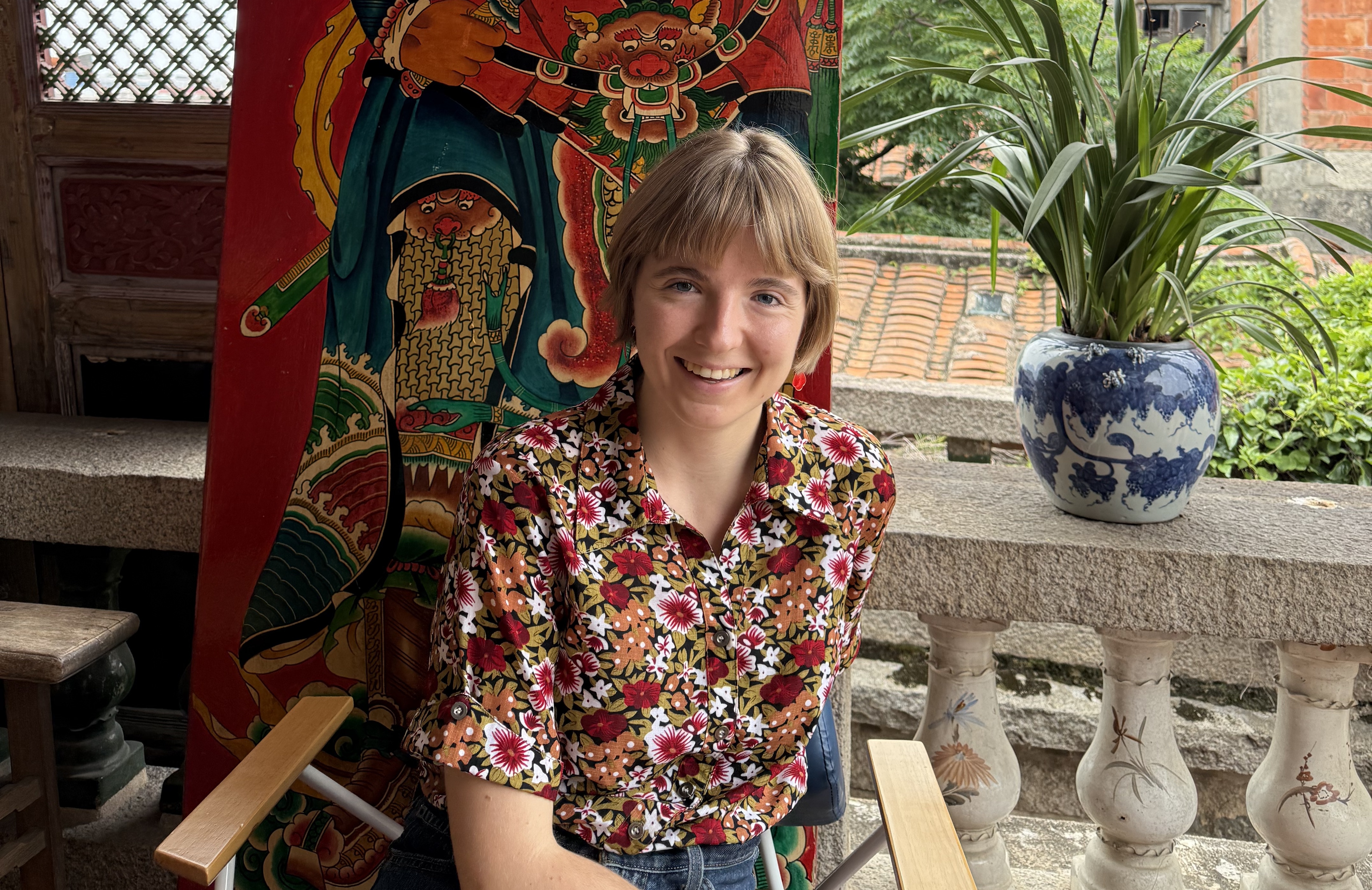
This shift in mindset has also reshaped Jeanne’s understanding of professionalism, which is deeply influenced by cultural context.
“Culture shapes what people expect, how they behave, and what they value in professional settings. In Europe, presentations are often structured, logical, and detailed. People want to see evidence, clear arguments, and precise conclusions. In Asia, presentations can be more relational: reading the room, showing respect, and building trust matter as much as the content itself,” Jeanne says.
“Even something as simple as defining strengths differs. In Europe, people are encouraged to state their achievements clearly; confidence and individual contribution are valued. In China, humility and teamwork are emphasised, strengths are often expressed through what you bring to the group, not just yourself.”
The takeaway is clear: professionalism isn’t just about rules or style, but is also about understanding what the other culture values and adapting accordingly, so that your ideas are heard, your team trusts you, and your work gets done.
Asked about what lessons European and Chinese companies may have for each other, Jeanne notes that European companies can learn from China’s sense of hospitality, and the way relationships are nurtured, while Chinese companies could learn more about the importance of structured people management from their European counterparts, creating clear processes for talent development, feedback, and empowerment.
Post-MBA reflections and advice for future CEIBS graduates
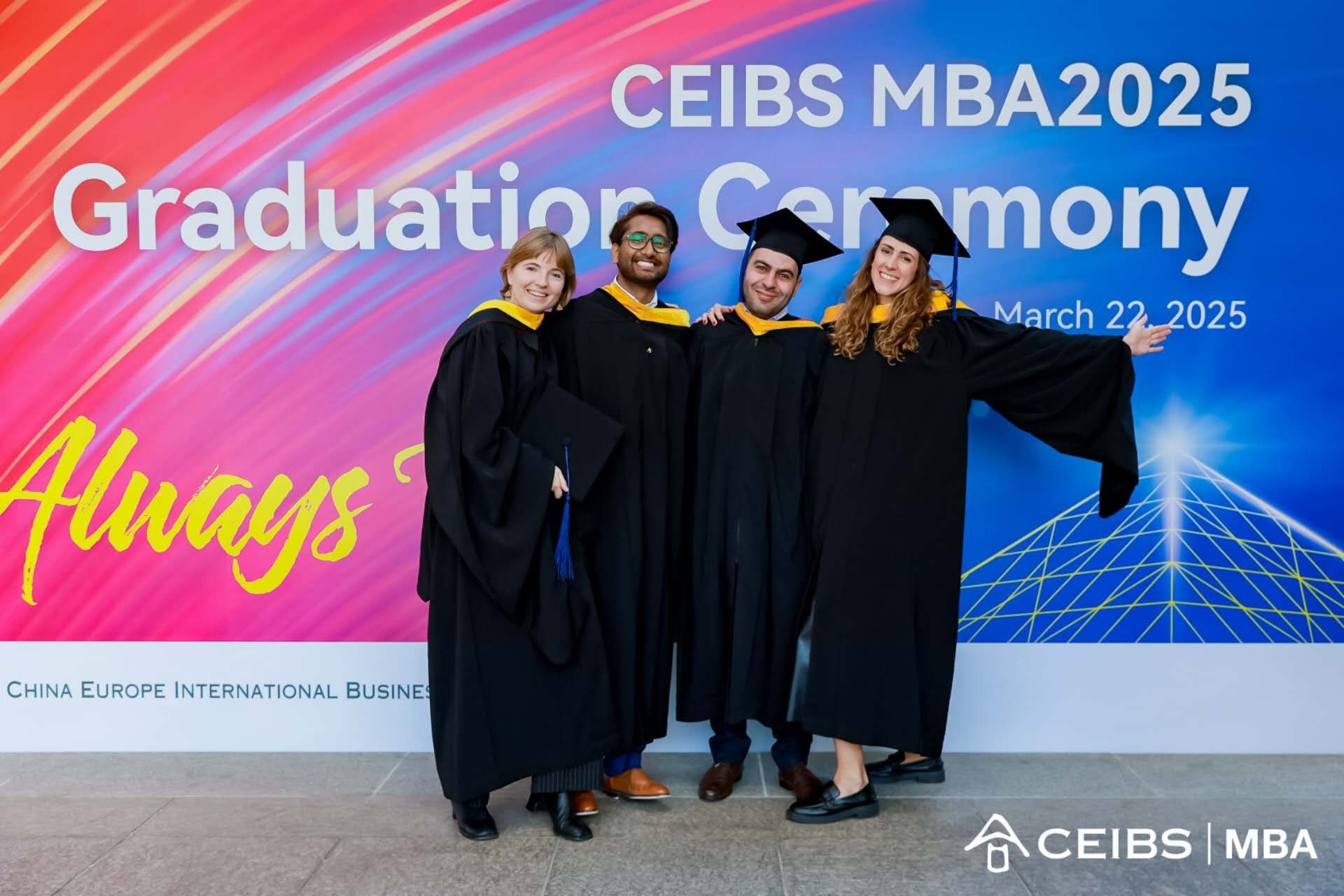
Fresh out of her MBA this May, Jeanne sees the programme as a training ground for adaptability and agility. “With constantly changing projects and team dynamics, I had to adjust quickly, communicate clearly, and keep moving forward. Those skills are exactly what I rely on every day in my current role,” she explains.
Since joining her company, Jeanne has also come to appreciate other forms of intelligence, beyond IQ.
“I realised that ‘being smart’ takes many forms. Analytical sharpness is impressive, but what really struck me are other types of intelligence: contextual intelligence to navigate cultural codes, relational intelligence to build trust, and execution intelligence, the ability to make things happen under constraints. These forms of intelligence often matter more in practice than sheer academic brilliance,” Jeanne says.
Reflecting on her journey so far, Jeanne sees her transformation from “being the expert” in law to “orchestrating expertise” in business. “In law, my value was in my individual expertise. In business, I’ve learned that my role is often to create the conditions for others to succeed,” she adds.
Looking ahead, Jeanne encourages future CEIBS graduates to embrace the unpredictable and seek personal growth. “Take risks, seek opportunities outside your comfort zone, and don’t be afraid to fail. Every country, every company, every team will teach you something new. Build trust, learn continuously, and always remember that people matter as much as strategy,” she concludes.










